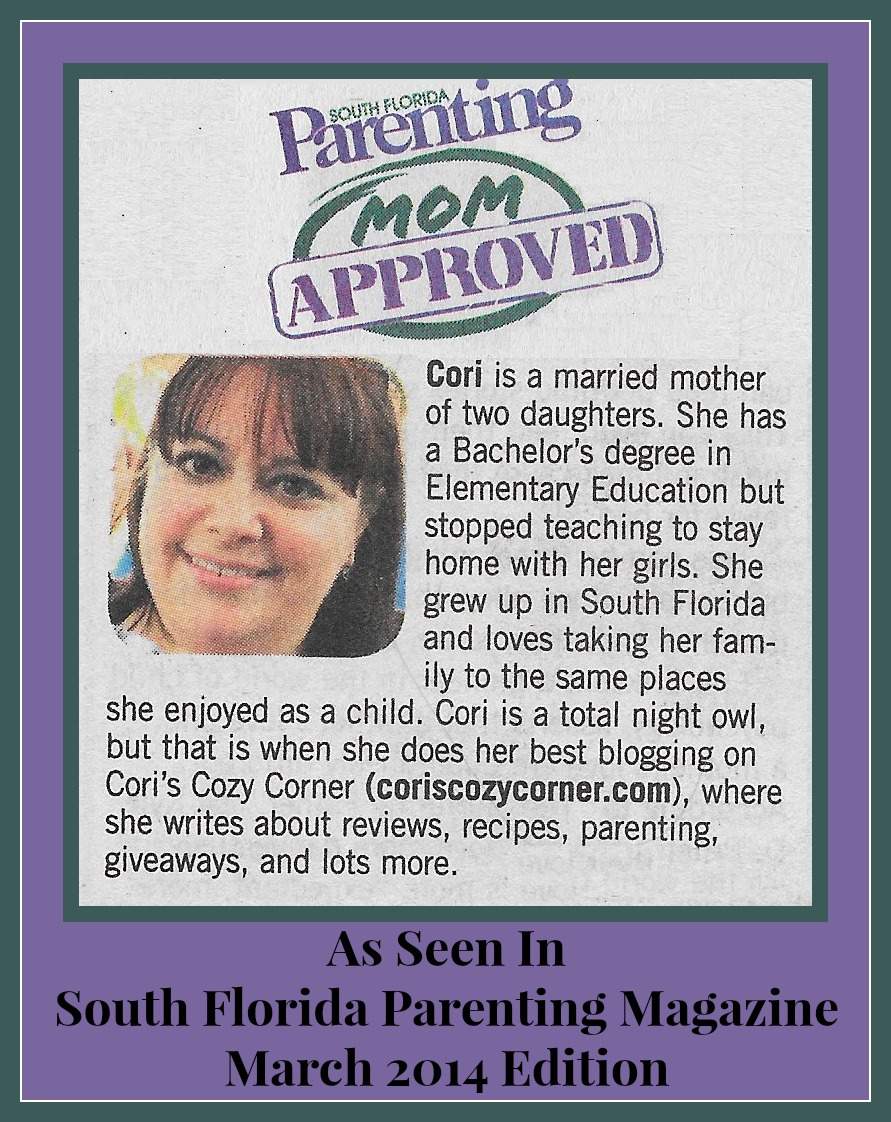These days, there are a lot of advertisements claiming that reverse mortgages are perfect for seniors on tight budgets who want to access their home’s equity with low risks. But exactly how much can a reverse mortgage benefit you? Here are some things to consider before you apply for one.
You Must Meet Eligibility Requirements for This Type of Home Loan
The first consideration is that not everyone qualifies for the type of home loan known as a reverse mortgage. It is meant only for senior citizens who are at least 62. Also, if you plan to apply with your spouse, they must meet the same age requirement.
Another requirement is that any liens or mortgages that already exist on your home have to be paid off before you apply. Alternatively, you can use part of the money you receive from the reverse mortgage to pay them, but it must be done right when you agree to the loan terms. Money left over can be used for anything you want.
A third requirement is that you must pass a credit check. The reason for that is that you will still own your home. That makes you responsible for monthly bill payments and insurance payments, rather than the lender taking responsibility for those payments. Lenders will consider you a poor risk if you have bad credit or no proof that you can afford those monthly costs.
You Can Request Your Reverse Home Loan Payments a Number of Ways
The next thing to know about these unique home loans is that you can choose how you get paid. You can take out a home equity line of credit and borrow against it when you need to. You can also choose to get one single large payment to cover things like medical bills. Many seniors choose a third option, which is monthly installments that can help with recurring bill payments like electricity and gas bills.
Reverse Mortgages Can Disqualify You from Some Assistance Programs
If you are receiving income from certain government assistance programs, how does a reverse loan work you? Well, before you sign the loan agreement, you should know that it could disqualify you from collecting SSI benefits, Medicaid, or certain other forms of assistance from the government. Although, it won’t impact your pension or Medicare benefits. Be sure to discuss possible reductions in benefits with an expert before you finalize any loan agreements.
Reverse Mortgage Terms Require You to Stay in Your Home
The way that reverse mortgages work is that you, the borrower, will receive part of your home’s equity in cash. You can repay that money at your own pace, but the longer you take the more interest you will accrue. Also, the loan will come due as soon as you die or move out of your house. Therefore, you shouldn’t apply for this sort of mortgage unless you plan to stay in your home for several years. It won’t be beneficial to you if you move out too soon.
Your Heirs May Inherit Less if You Don’t Pay Off the Home Mortgage
When considering applying for a mortgage that works this way, you also have to think about your heirs and what you want to leave for them. Remember that the lender might sell your home when you pass away, unless you pay the loan off before you die or your heirs pay it upon your death. So, if you own a home that you want to pass on to your children or grandchildren, reverse mortgages may not work out for you.





